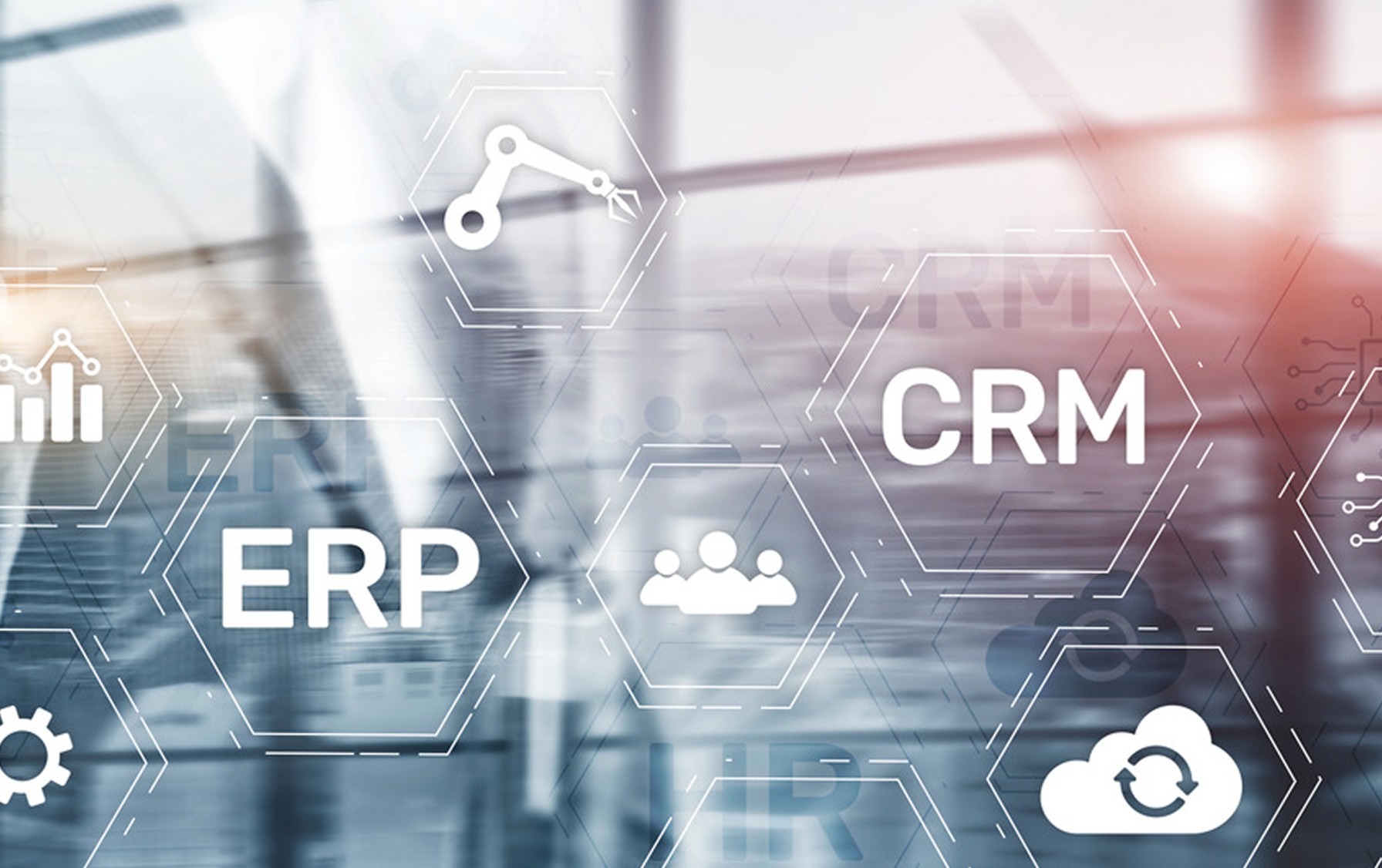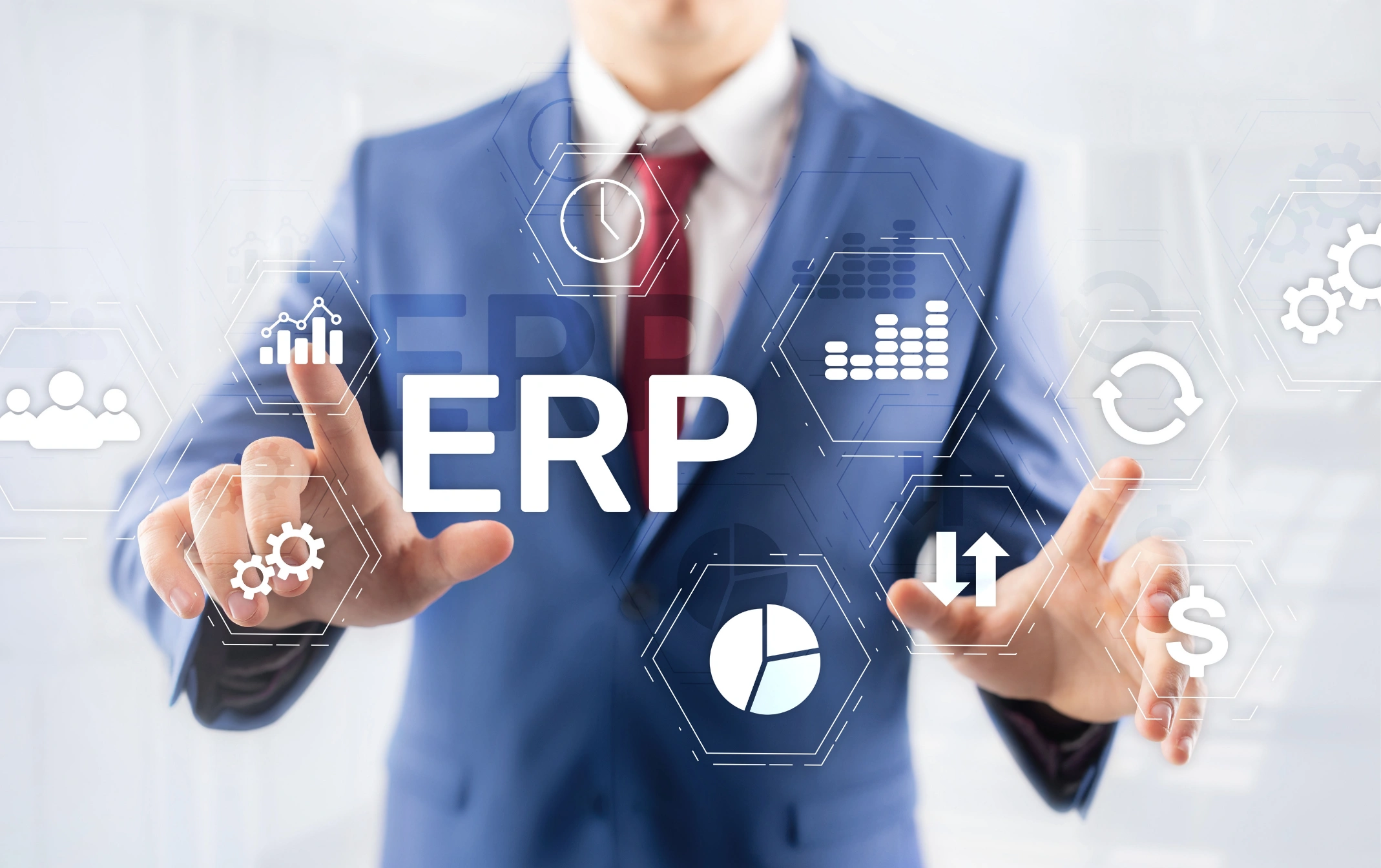Are you confused by how an ERP differs from a CRM? You’re not alone. Dubai and UAE business leaders constantly hear these terms used interchangeably, but they are two different yet complementary systems. While both are tools for business growth, they work to perform very different functions. An ERP runs your company’s inner engine, and a CRM addresses the driver-riders relationship – the customer.
So, which do you require? The answer isn’t a matter of choosing one over the other. The question is, really, how do you harness both of them in order to have a seamless, streamlined, and customer-focused business?
This guide will outline the purposes of ERP and CRM, determine their primary differences, and show how they can provide your company with the potent competitive edge it needs to succeed in the UAE market.
What Exactly is an ERP System?
The business nervous system is an ERP, or Enterprise Resource Planning system. It is a back-end application program intended to automate and integrate all your key internal business processes. Imagine all the activities in the background that keep your business operating: accounting, human resources, inventory control, supply chain functions, and manufacturing. An ERP system links these processes together in a single integrated system.
The key purpose of an ERP is to enhance operational effectiveness. It’s not only making the information flow more efficient, reducing the amount of effort it takes, and giving you one version of the truth for all your operational and financial information. That’s critical in making better, more strategic decisions.
The Middle Eastern ERP software market is expected to expand substantially in a recent study, as the region’s companies look to automate processes and raise productivity. This points to the need for a strong ERP at the core of your business.
What is a CRM System?
Unlike an ERP, a CRM (Customer Relationship Management) system is a front-end application that deals with your outside, customer-facing operations. Its sole purpose is to assist you in managing and cultivating each customer and prospect interaction you experience. This includes everything from when a lead first expresses interest up to ongoing support once a sale has been completed.
CRM software is the voice and face of your business. It is intended to increase customer satisfaction, boost sales, and ensure future loyalty. A good sales CRM software is especially crucial in handling pipeline sales, tracking customer communications, and predicting future sales. For increasing businesses, the best-rated sales CRM for a small business can be a go-to action in professionalising their sales process.
How do you currently manage your customer interactions and sales leads? Is it a formal process or a disjointed collection of spreadsheets and notes?
ERP vs. CRM: The Key Differences
While both are crucial to success in business, they are different in their foremost priority and field of focus. The following is a rundown of the main differences:
- Total Focus: ERP is internally focused, focusing on the nuts and bolts of your business process. The CRM is outwardly focused, with its interest being your customer and prospect relationships.
- Key Users: Accounting, finance, inventory, and operations teams generally use ERP. Sales, marketing, and customer service teams would mainly use CRM.
- Main Objective: An ERP is created to make operational efficiency more efficient and cheaper. A CRM is created to create more sales and expand customer satisfaction.
- Core Data: ERP software follows data such as financials, inventory levels, and purchase orders. CRM software follows customer contact information, sales history, and communication activity.
To put it into perspective: Your ERP informs you what you can sell (inventory levels) and at what price it will be sold (operational data). Your CRM informs you to whom you can sell it and how to persuade them to purchase it.
The Power of Integration: ERP and CRM Together
Though it is crucial to comprehend the variations, the best approach for any contemporary company is to utilise these two systems in conjunction. A combined ERP and CRM application is the ideal solution for end-to-end business management.
When your ERP and CRM software are coupled, they exchange data in real-time, and a 360-degree picture of your business is generated. Your sales reps, for instance, can view a customer’s billing history right out of the CRM, so they can more readily anticipate questions. Your accounting and inventory personnel likewise can automate orders and invoices produced by your sales force, eliminating the need for manual data entry and reducing mistakes. The synchronisation enhances forecasting, increases customer satisfaction, and provides a degree of authority impossible from either system alone. It enables a CRM solution provider to provide you with more complete tools.
What would a real-time, 360-degree picture of your customer and operations do for your business growth?
Choosing the Right System for Your Business in the UAE
For a Dubai business, whether to go for ERP or CRM is typically a question of your most urgent need.
- If your greatest pain area is unorganised sales, customer data silos, and poor lead management, then a best crm for sales teams or best sales crm for startups would be your first choice.
- If your core problem is financial chaos, bad stock, and inefficient in-house processes, then you must begin with an ERP.
However, the ideal long-term plan is to find a system that has both features so that you can begin with the module you require now and implement the other later.
Final Thoughts
Lastly, ERP and CRM are not competitors but strategic partners. They are the two halves of the same coin: one to facilitate internal effectiveness and the other for outside relationships. Combined, they become a functional system that promotes growth, improves customer loyalty, and puts you in commanding leadership in the UAE’s competitive marketplace.
Ready to create an innovative, integrated system for your business? Discover how effective sales CRM software and other integrated tools can revolutionise your operations.



